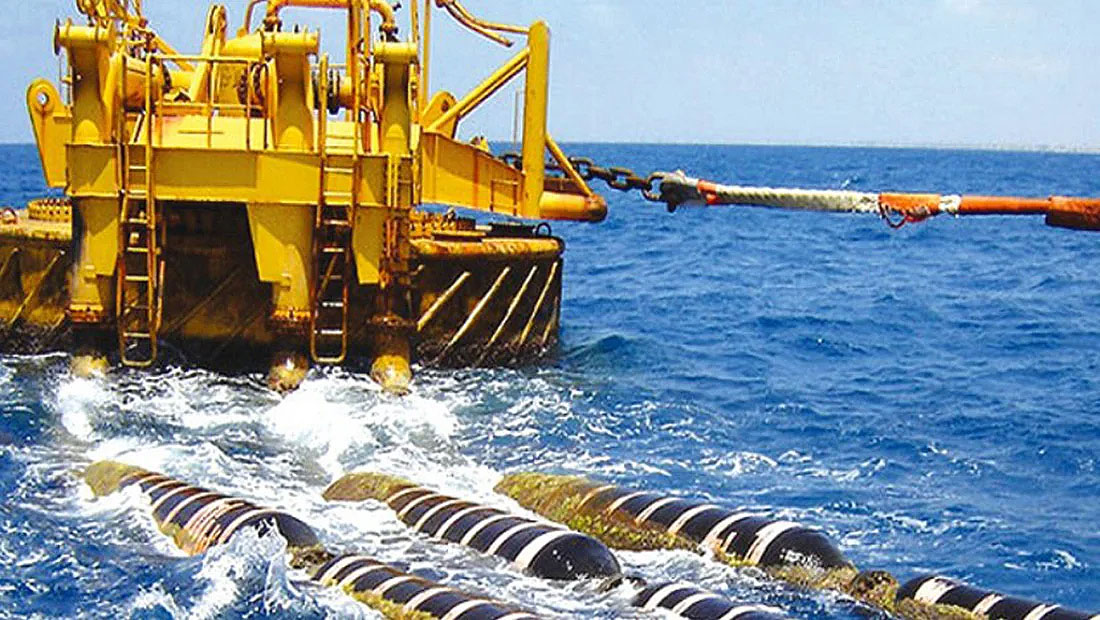“Certain things” must be implemented before Cyprus makes its planned €25 million payment to Greece’s independent power transmission system operator Admie as part of its obligations regarding the Great Sea Interconnector, President Nikos Christodoulides said on Tuesday.
The project, if completed, will connect the energy grids of Cyprus, Greece and Israel.
He said that “as long as implementation [of the project] is delayed, it is not positive”, and that delays are “something which burden and touch other aspects, including financial ones”.
“The Republic of Cyprus is committed to the implementation of this specific project, for which there is a provision of €25m in the budget for both 2025 and 2026,” he said, before adding that it “is important that certain things be implemented, which, as they are delayed, affect the viability of the project”.
Cyprus agreed last year to make five annual payments of €25m to Admie before the interconnector is operational.
This would in effect help finance the project and ensure that Admie, its 51 per cent shareholder and implementing body, will have a stable income while investing in the project before it turns a profit.
Last week, Energy Minister George Papanastasiou had said Cyprus will pay the first €25m instalment when the project is being “implemented in its entirety”, and that the construction of cables alone is “not enough” to meet this criterion.
The €25m payment remains the major sticking point between Cyprus and Greece over the interconnector project.
Cyprus has cited a lack of tangible progress on the project and differences in opinion regarding how the money should be sourced in its withholding of the funding, with Finance Minister Makis Keravnos saying last month his stance would change “if the project were being implemented right now and were at a good stage”.
The government had initially planned to utilise funds made available to it through the European Union’s emissions trading system (ETS) to make the payments, so as to prevent the burden of the payments from falling on the taxpayer.
Admie had warned that this arrangement may violate the EU’s rules on state aid, and as such asked the Cyprus energy regulatory authority (Cera) to begin charging consumers instead.
Despite this, efforts have been made in recent weeks to present a united front, with Christodoulides and Greek Prime Minister Kyriakos Mitsotakis releasing a joint statement after a meeting on the sidelines of the United Nations general assembly in New York last week declaring that both countries are “fully committed”.






Click here to change your cookie preferences